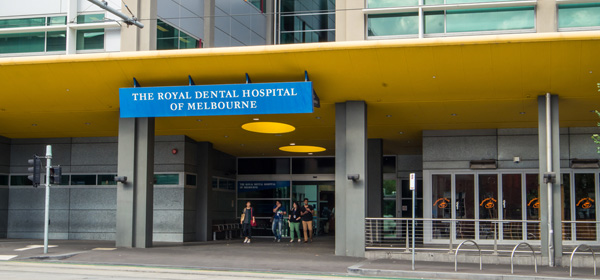A team of US researchers has ranked Australia’s healthcare system among the best in the developed world.
Researchers at the New York-based Commonwealth Fund studied 11 national healthcare models and ranked Australia’s mixed public-private system second best, behind the United Kingdom.
The Netherlands came in third with New Zealand and Norway equal fourth. The other countries involved in the study were Sweden (equal sixth), Switzerland (equal sixth), Germany (eighth), Canada (ninth), France (10th) and the US (11th).
All 11 countries were ranked on five measures: access, equity, healthcare outcomes, care process and administrative efficiency.
Australia was ranked first for healthcare outcomes and administrative efficiency and second for care process, but performed poorly on equity, coming in seventh.
Scores on the care process were broken down into four categories: preventive care, safe care, coordinated care and engagement and patient preferences.
Australia ranked number one for engagement and patient preferences and number two for safe care, but performed poorly in coordinated care.
Remarkably, compared to the other 10 countries involved in the study, Australia spent the least on health care as a percentage of Gross Domestic Product (GDP).
One of the factors making up Australia’s top score for health outcomes relates to life expectancy at age 60, where it was equal second with Switzerland and behind France.
Opinion: Australia needs to address equity issue
There is a lot to like about how well Australia’s healthcare system operates compared to other developed countries around the world, but its performance on the equity measure is concerning.
The Government’s Medicare freeze over the past couple of years has contributed to growing out-of-pocket expenses for many.
The Commonwealth Fund analysed the equity of 11 selected survey measures and compared the performance for higher and lower income earners within each country.
Two affordability factors stand out in the study. First was the number of Australians who had any cost-related issues in the past year. Around 21 per cent of those on below-average incomes had experienced this, compared to only 10 per cent on above-average incomes. By comparison, in the UK, only seven per cent of people on below-average income experienced this problem.
The other issue relates to dental care, which is one of the few areas where Australia’s healthcare system is lacking, although there have been improvements in recent years.
The number of people on below-average incomes who skipped dental care or a check-up because of cost in the past year was 29 per cent in Australia, compared to 19 per cent on above-average incomes. The UK, by comparison, had only 12 per cent of people on below-average incomes avoiding a trip to the dentist and seven per cent of those on above-average incomes.
Australia’s solid health performance is good by world standards, but it could be better. Dental coverage under Medicare would be a step in the right direction.
If left untreated, dental disease can have serious consequences, including increased risk of heart disease and stroke.
While the Government ended its freeze on bulk-billing subsidies, a number of other services, such as rebates for some radiology, remain an out-of-pocket expense, making the situation worse instead of better in Australia.
What do you think? Is Australia’s heath care system good enough or can we do better? What changes would you like to see made?
Related articles:
Healthcare trumps economy
Healthcare becomes unaffordable
Healthcare in turmoil

